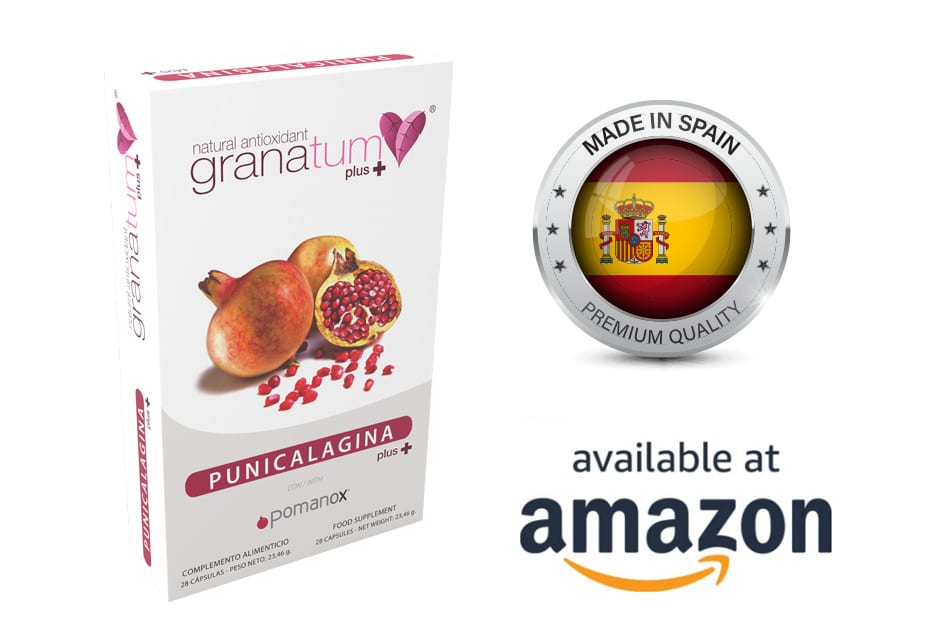
RESEARCH TITLE: A Pilot Randomized Crossover Trial Assessing the Safety and Short-Term Effects of Pomegranate Supplementation in Hemodialysis Patients
COUNTRIES: USA
CONDUCTED BY: Division of Nephrology, Department of Medicine, University of Washington, Seattle, Washington; Division of Nephrology, Department of Medicine, Vanderbilt University Medical Center, Nashville, Tennessee; Vanderbilt Center for Kidney Disease, Vanderbilt University Medical Center, Nashville, Tennessee.
PUBLISHED ON: Journal of Renal Nutrition
RESEACH:
Objective
Oxidative stress and systemic inflammation are highly prevalent in patients undergoing maintenance hemodialysis (MHD) and are linked to excess cardiovascular risk. This study examined whether short-term supplementation with pomegranate juice and extract is safe and well tolerated by MHD patients. The secondary aim was to assess the effect of pomegranate supplementation on oxidative stress, systemic inflammation, monocyte function, and blood pressure.
Design
Prospective, randomized, crossover, pilot clinical trial (NCT01562340).
Setting
The study was conducted from March to October 2012 in outpatient dialysis facilities in the Seattle metropolitan area.
Subjects
Twenty-four patients undergoing MHD (men, 64%; mean age, 61 ± 14 years) were randomly assigned to receive pomegranate juice or extract during a 4-week intervention period. After a washout period, all patients received the alternative treatment during a second 4-week intervention period.
Intervention
Patients assigned to receive pomegranate juice received 100 mL of juice before each dialysis session. Patients assigned to receive pomegranate extract were given 1,050 mg of extract daily.
Main Outcome Measures
The main outcome measures were safety and tolerability of pomegranate juice and extract. Additional secondary outcomes assessed included serum lipids, laboratory biomarkers of inflammation (C-reactive protein and interleukin 6) and oxidative stress (plasma F2 isoprostanes and isofurans), monocyte cytokine production, and predialysis blood pressure.
Results
Both pomegranate juice and extract were safe and well tolerated by study participants. Over the study period, neither treatment had a significant effect on lipid profiles, plasma C-reactive protein, interleukin 6, F2-isoprostane or isofuran concentrations, predialysis systolic or diastolic blood pressure nor changed the levels of monocyte cytokine production.
Conclusions
Both pomegranate juice and extract are safe and well tolerated by patients undergoing MHD but do not influence markers of inflammation or oxidative stress nor affect predialysis blood pressure.
YEAR: 2015
